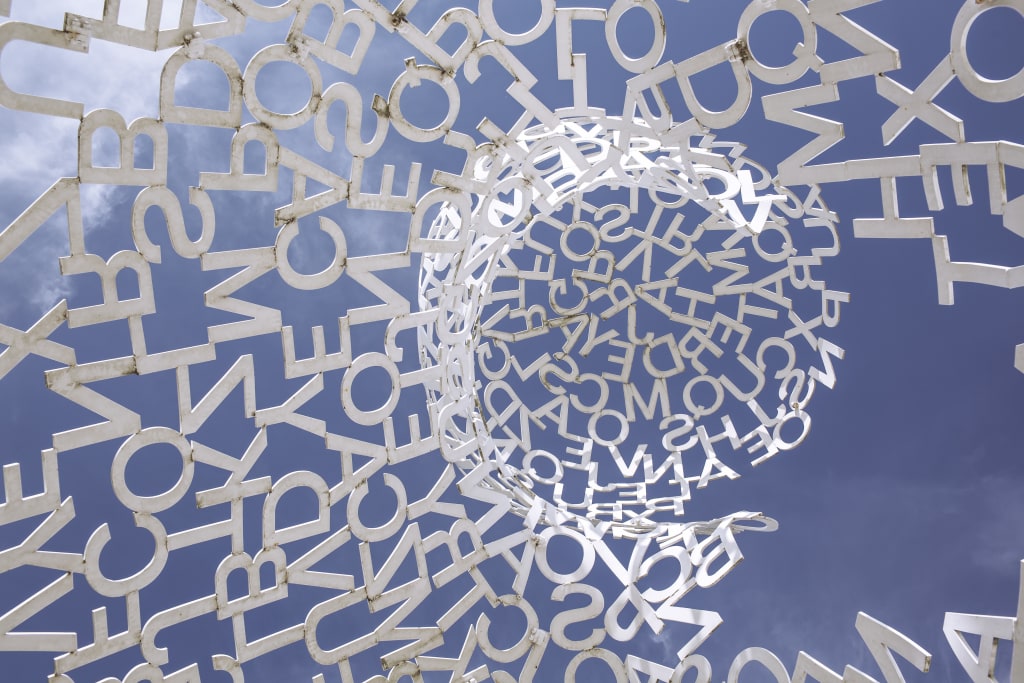Wishing and hoping are not the same
The right to hold a belief automatically creates a right for others to disbelieve

Wishing and hoping are not same thing.
The right to hold a belief automatically creates a right for others to disbelieve.
Wishing, hoping, intending, trying, believing and achievement are all different from each other. Wishing, and hoping, may all be signals of intent, but on their own, they are not going to achieve anything. Achievement is only obtained by action. In most situation action has to be suitable to the situation and directed towards the required outcome.
It is said that the ancient philosopher Lao Tzu claimed that all things can be achieved by non-action; but it is possible the definition of non-action is not the same as most people, in modern times, assume it to be. It is possible that to the philosophers of that pre-mechanisation time, activity that was harmonious to the natural flows of nature, activities that were in sync with all the forces of nature, were not counted as action. They were regarded as simply going with the flow. A tree grows without “action,” the moon rises without “action” and human life ebbs and flows, goes through all the natural stages without conscious action. Yes, we have to eat, sleep etc but these are natural, and so not counted as action. Maybe we should substitute “unnatural actions” in place of action.
If a person, or group of people, claim a right to certain beliefs, then logically they have to agree others must have an equal right to other beliefs. The insistence that only one set of beliefs is acceptable seems to hide a doubt in the ability to prove these beliefs to be evidential, factual, and irrefutably true. Any person may claim a right to hold and believe, that what they proclaim as a truth, is accepted by others. But If they do this, they automatically establish the right of others to hold to a different belief of what is true. Only when there is evidence, when there is verifiable repeatable observed evidence, that is established in reality; can any belief become fact.
The idea that any entity can claim to be anything they choose, simply because they make that claim, is against all logical and rational understanding. It does not matter how strong the belief the entity may have in their claim, it does not matter how sincere the wish, without evidence it is a claim that can be rejected. The entity may have a right to their belief, but others have an equal right to disbelief.
To claim that a wish (that an individual holds,) must be accepted as a fact, an actual established reality, is not credible. It does not matter if the wish is truly and forcibly held, others have a right to reject acceptance of that wish. Only when evidentially proven reality is established, can there be any suggestion of that wish becoming a fact.
An example of this is the debate over climate change. It is a classic example of how one group holding to one set of beliefs, seek to impose those beliefs on the whole global population. They make claims that are disputed, they offer “evidence” that their beliefs are correct. But, others hold different beliefs and show different “evidence.” It is a self-evident reality that the climate changes. In every locality on the planet there are observable changes in the weather and the climate over short medium- and long-term time periods. The differing beliefs arise because of differing interpretations of the causes and consequences of long-term change. It is the attempt to impose rules, laws, restrictions on everybody due to one set of claimed beliefs held by one group, that causes conflict. In some ways it can be said that the two opposing “camps” both wish to impose their views on everybody, one by imposition of coercive rules and the others by preventing actions that comply to the desires of the first group. In fact, there are not just 2 views on climate change. There is not simply a “this or that” choice. Climate change over the long term is a fact. The causes and consequences vary from locality to locality. The questioning of the causes of pollution, of a localised environment, is not the same debate as global climate change. The need, or otherwise, for coercion is also different.
Another modern example is the notion of a person self-defining their gender; the gender of any human is defined by physical and biological characteristics. Proclaiming the merits of the idea that gender is not physical, but it is mental, has become a fashionable way to become “noticed” socially. The basis is that a person is the gender they “feel” they should be, and is not governed by biology or physiology. In this concept, the basis has to be that that wishing, feeling, and hoping are actually acts of achieving and not just intention. Accepting this causes way too many problems for the cohesion of society. Minds can change direction and belief in an instant, physical bodies do not. While morally there is not much wrong with people self-identifying as whatever they choose, there are huge practical and social repercussions if that self-belief gets thought of as an achievement of reality and is imposed on society as a whole. The opportunity for deceit and even criminal activity gets hugely expanded if this notion is accepted. To some extent those with psychotic personalities are an extreme version of the idea that what you wish for mentally, can be accepted as a physical reality.
The glorification of appearance, as opposed to substance, shown by the popularisation of “celebrities” who are famous for being famous. Is another example of wishing being equated with reality. This occurs when an individual obtains public awareness, by notoriety or by working at some visible aspect of the media and is instantly portrayed as if their views are worthy of respect on every aspect of life. TV shows claiming “reality” actually are portraying carefully choreographed and “sanitised” views of a lifestyle that is manufactured in order to sell products or promote views. The wishes and hopes of some are portrayed as real in order the persuade others to actions that suit the producers of the TV show.
Many claim the power of Prayer is more than just showing intent, it is more than asking for a reality to become manifest. If you Pray that you will win the lottery, you still have to buy a ticket. If you Pray for a peaceful end to a physical conflict, there still has to be persuasion of those controlling the fighting, to stop. If you Pray for a cure to an illness, you still need to take some form of remedial action. It may not be what is not considered conventional medical interventions, it may involve (for example) visualisation, but that is still action to turn intent into achievement.
The media is filled with people trying to claim that their view, their wish, their belief is what is best for everybody else, but we are all individuals, what is a hope for one, may be a fear for another. We all have to consider actions to bring about (turn into reality) our own wishes, and hopes but we all ( with may be a very few exceptions) live in a world where we interact with many other people and each of them has wishes and hopes as well.
Some wish that they had a better education but each and every one of us is responsible for what we learn. That we are taught something, is not an excuse to avoid that responsibility. The things that we learn from what we are taught, may be the responsibility of others but questioning what is taught and seeking further learning, is our duty to ourselves as individuals. Those who close their mind and rely only on what was taught during formal education as a child, and as a younger person, is abdicating their chances of actually learning, and so actually being able to add to the total sum of awareness and knowledge. We start learning from birth and we should carry on learning until death- which may be the ultimate teacher. Wishing for greater knowledge should result in activity, seeking knowledge, stretching the mind and questioning established teaching.
Some definitions:-
True— conforming to reality.
Reality— the state of things as they are rather than as might wish them to be.
Belief---accepting as true without proof.
Wishing— desiring, wanting.
Hoping— a desire for something with a possibility it will occur.
Intending — planning or proposing to do something.
Trying— to make an effort or attempt.
Achieving ---bringing to a successful conclusion.
Fact--- a truth verifiable from experience or observation.
About the Creator
Peter Rose
Collections of "my" vocal essays with additions, are available as printed books ASIN 197680615 and 1980878536 also some fictional works and some e books available at Amazon;-
amazon.com/author/healthandfunpeterrose
.






Comments
There are no comments for this story
Be the first to respond and start the conversation.